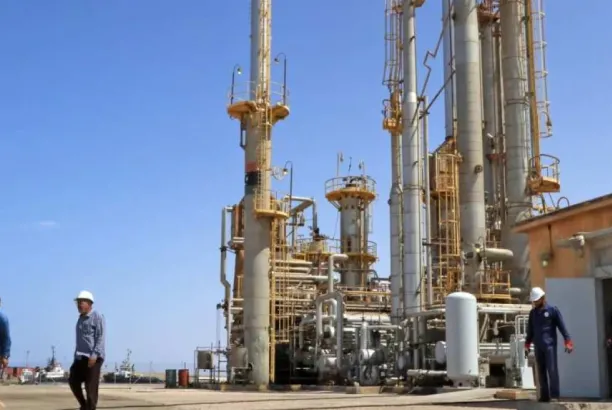An economic report by the Italian news agency Nova on Sunday revealed that the value of trade exchange between Italy and Libya fell to €4.76 billion between January and June 2025, compared to €6.02 billion during the same period in 2024 — a decline of about 21%.
The report attributed this drop to a decrease in imports of the two main components of bilateral trade — oil and gas — along with a “partial rebalancing” of the trade balance in Italy’s favor. Rome’s imports from Libya, mostly energy-related, fell by 25.3%, from €4.25 billion in the first half of 2024 to €3.17 billion in 2025. Crude oil was the most affected, with supplies falling to around €3.3 billion, while the value of gas imports increased by roughly €267 million, or 25%, compared to 2024.
The report also noted that Italian exports to Libya declined by 14.4%, reaching about €1.65 billion. Refined products — one of the main export categories — totaled €354 million, down 22%. Multi-purpose machinery recorded €41 million, a 6% decrease, while exports of wire components rose by 52% to €64 million. Processed food and beverage exports reached about €65 million, a slight drop from 2024. Pharmaceutical exports fell by 4% to €16 million, whereas automobile exports increased by 23% to €23 million.
The agency added that although Italy’s trade balance with Libya remained negative, the deficit improved from around €2.25 billion in the first half of 2024 to about €2.7 billion in 2025, thanks to imports declining faster than exports. The slowdown in trade reflects a contraction in the energy sector, which typically represents over 80% of bilateral trade value. However, some Italian manufacturing sectors — such as machinery, electrical components, and automobiles — showed resilience, supported by reconstruction projects in Libya.
The report concluded by affirming that this decline does not affect Italy’s position as Libya’s main trading partner, with expectations that resilient industrial sectors will maintain their strength, driven by demand from ongoing projects in the Libyan market.






